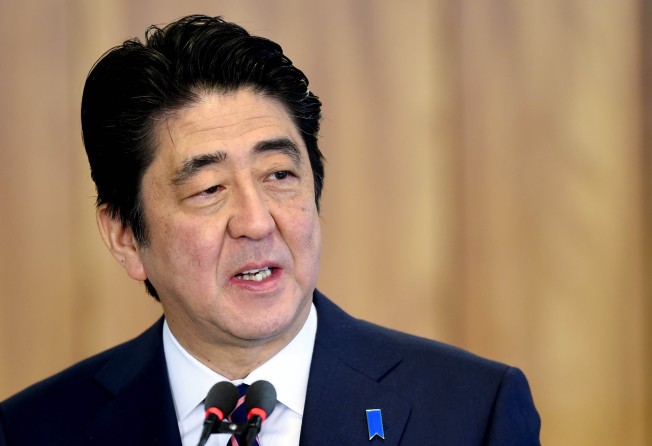Beijing changes tack on Shinzo Abe, recognising he'll be in power a while

He has been seen as a "troublemaker" that Beijing has sought to avoid. But there are signs that Chinese leaders might be willing to change their strategy on Japanese Prime Minister Shinzo Abe. The original plan of "waiting him out" does not seem to work, analysts say.
China has repeatedly rejected high-level talks with Abe's administration since he took office in December 2012. Many analysts attribute this to Beijing's resentment over Abe's hawkish views, including the issue of second world war sex slaves.
Ties already frayed by territorial disputes in the East China Sea came under further strain in December when Abe visited the Yasukuni Shrine, which honours the country's soldiers, including convicted war criminals.
"Initially China had wanted to wait him out, and engage with his successor who might be more pro-China," said analyst Xie Yanmei, of the International Crisis Group in Beijing. "It now seems like Abe might be the prime minister for quite a few years and so China has to deal with him."
The best opportunity for the two leaders to meet face-to-face would be at autumn's Asia Pacific Economic Cooperation (Apec) summit in Beijing, many analysts have said. Back channel diplomatic manoeuvrings also indicate a tentative willingness by Beijing to engage with Abe, Xie said.
Former prime minister Yasuo Fukuda reportedly met President Xi Jinping in Beijing last month as Abe's envoy to probe the possibility of them a bilateral summit during the Apec meeting. Last weekend, the two countries' foreign ministers met on the sidelines of an Asean forum.
If Beijing does not seize the Apec opportunity, the two countries might have to wait until the next leadership transition in Japan, said Liang Yunxiang, a professor of Japanese studies at Peking University. "That would take a few years, and by then it would be too late to fix the problems," Liang said.
Kristine Kwok